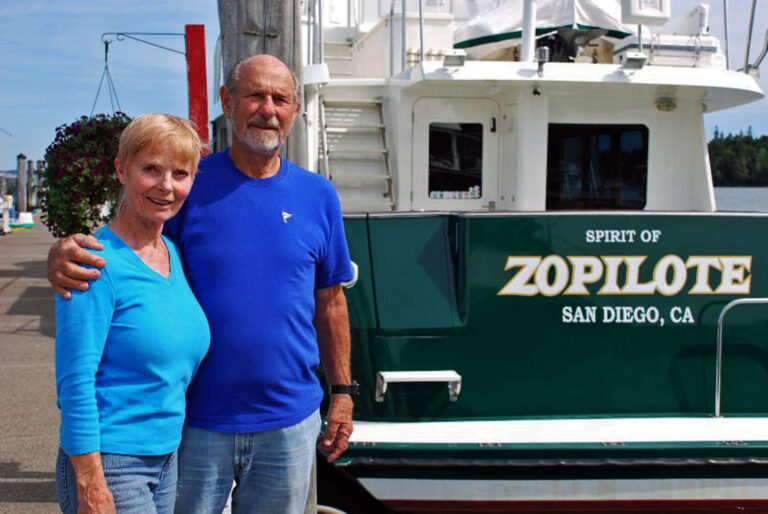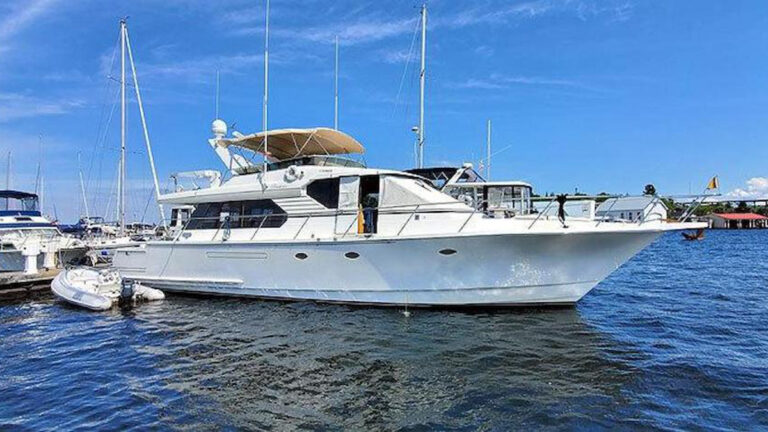I guess I’m just a sentimental sap. I’ve always had something of a soft spot for those television ads where the insurance company rushes to your side when disaster strikes. My disastrous strike was that of lightning against Anhinga, and for that unfortunate event I am far wiser.
It was the first marine claim I filed in my 25 years of boat ownership. I wasn’t expecting a blanket and hot chocolate, but I was expecting to find someone at the insurance company who understood boats and a marine surveyor with more on his mind than making a quick buck at my expense.
After discovering the damage, I contacted my insurance company. With its approval, I secured the boat at the boatyard. The yard owner and I surveyed the critical systems and structure, and I commissioned an independent electrical-system survey (at my expense).
The insurance company’s “expert arrived several days later to “survey Anhinga. I will spare you the details of his performance, but suffice to say, to my knowledge, he never prepared a report. After three weeks of his patronizing stalling, I called an attorney who specializes in marine matters.
Within 24 hours of copying the attorney on my daily missive to the insurance company, the surveyor was dismissed, and I got the green light to repair the boat properly. Given my lesson learned, I offer my thoughts on dealing with a marine claim.
Read your policy! Contact the insurance company by phone and in writing as soon as possible after a loss. Keep detailed notes with names and dates. Take pictures of the damage.
Don’t assume the agent who sold you your policy has greater influence than you do; deal directly with the insurance company if necessary. If you are not getting anywhere with a claims handler, kick it up a notch and insist on speaking with a supervisor.
Commission an independent survey-before the repair and after-to make certain the scope of the damage is identified and repairs are properly executed. Choose a surveyor who does not work for the boatyard or the insurance company.
If the insurance company surveyor assigns estimates for repairs, ensure that the boatyard agrees that they are within the realm of possibility. In some cases it may be impossible to determine the extent of damage to a vessel until repairs begin.
Do not scrimp on repairs, particularly those related to safety. Navigation and communication electronics damaged by lightning or drenched with salt water should be replaced-period. Mechanical damage (to engines, generator, etc.) should be repaired by certified technicians.
In retrospect, I would like to believe my insurance company was willing to do the right thing but was simply receiving little or no support from the field. This left the burden of setting things straight on me, but ultimately Anhinga was properly repaired.
Boaters would benefit if insurance companies interested in doing boating business would hold the blankets and hot chocolate and invest in the expertise necessary to settle a claim efficiently.









